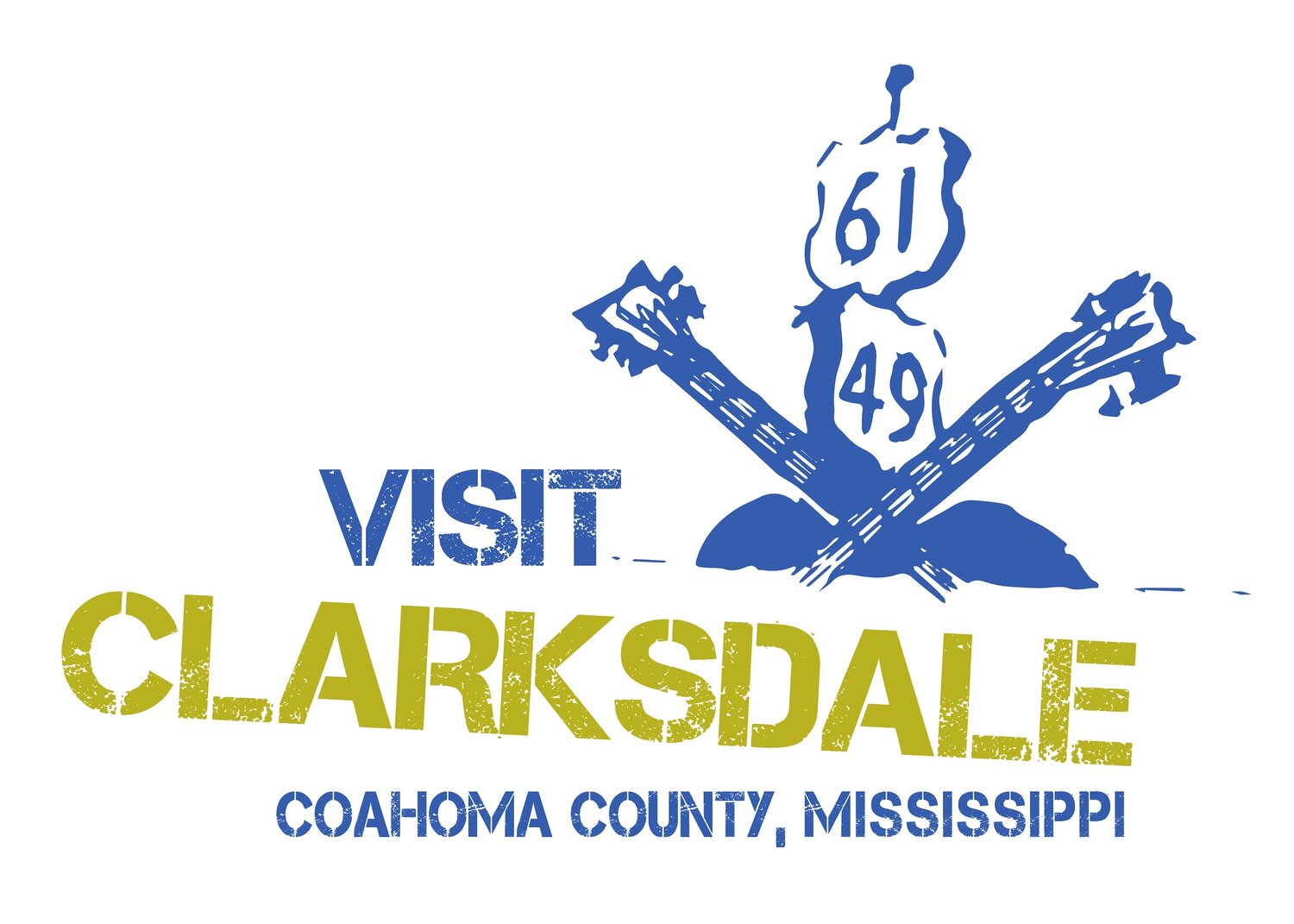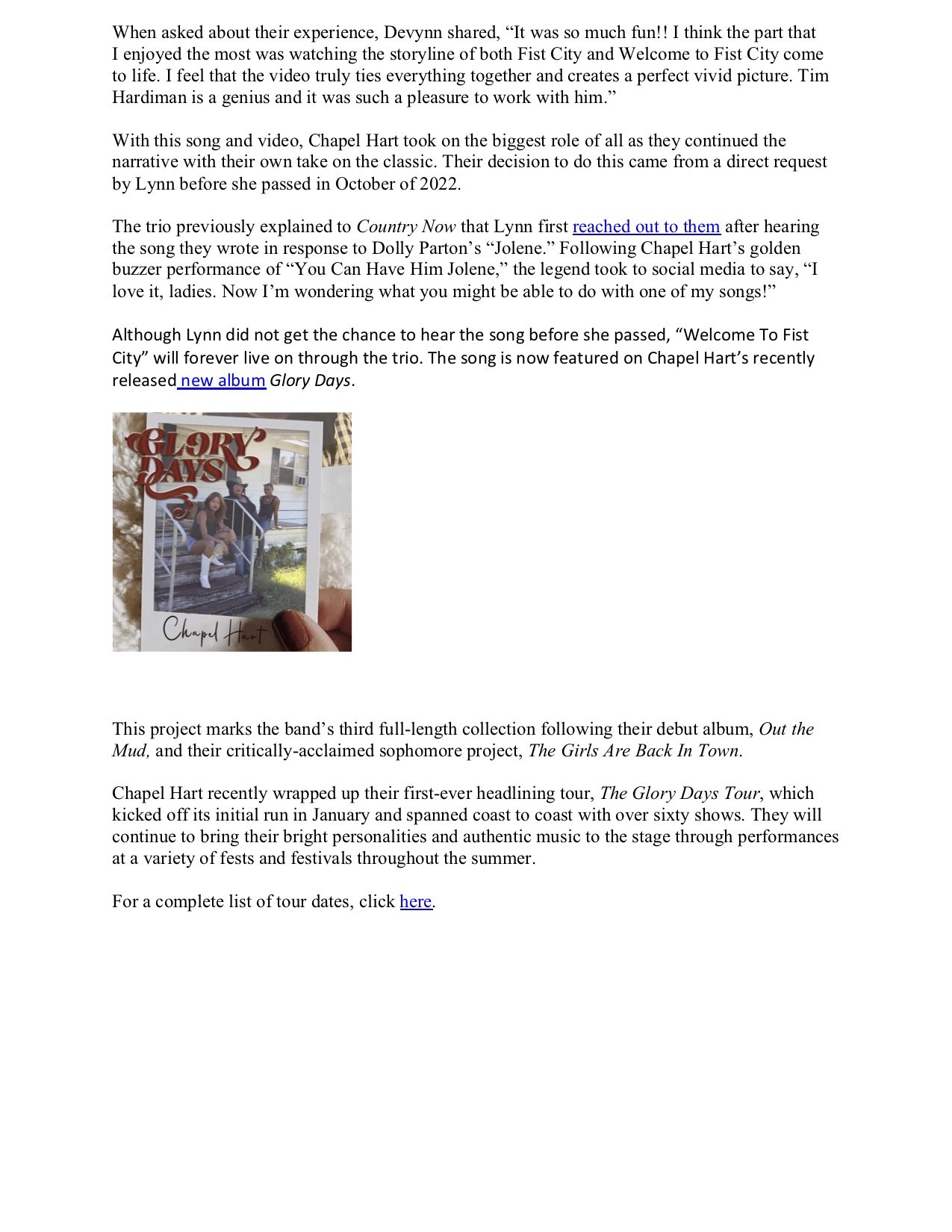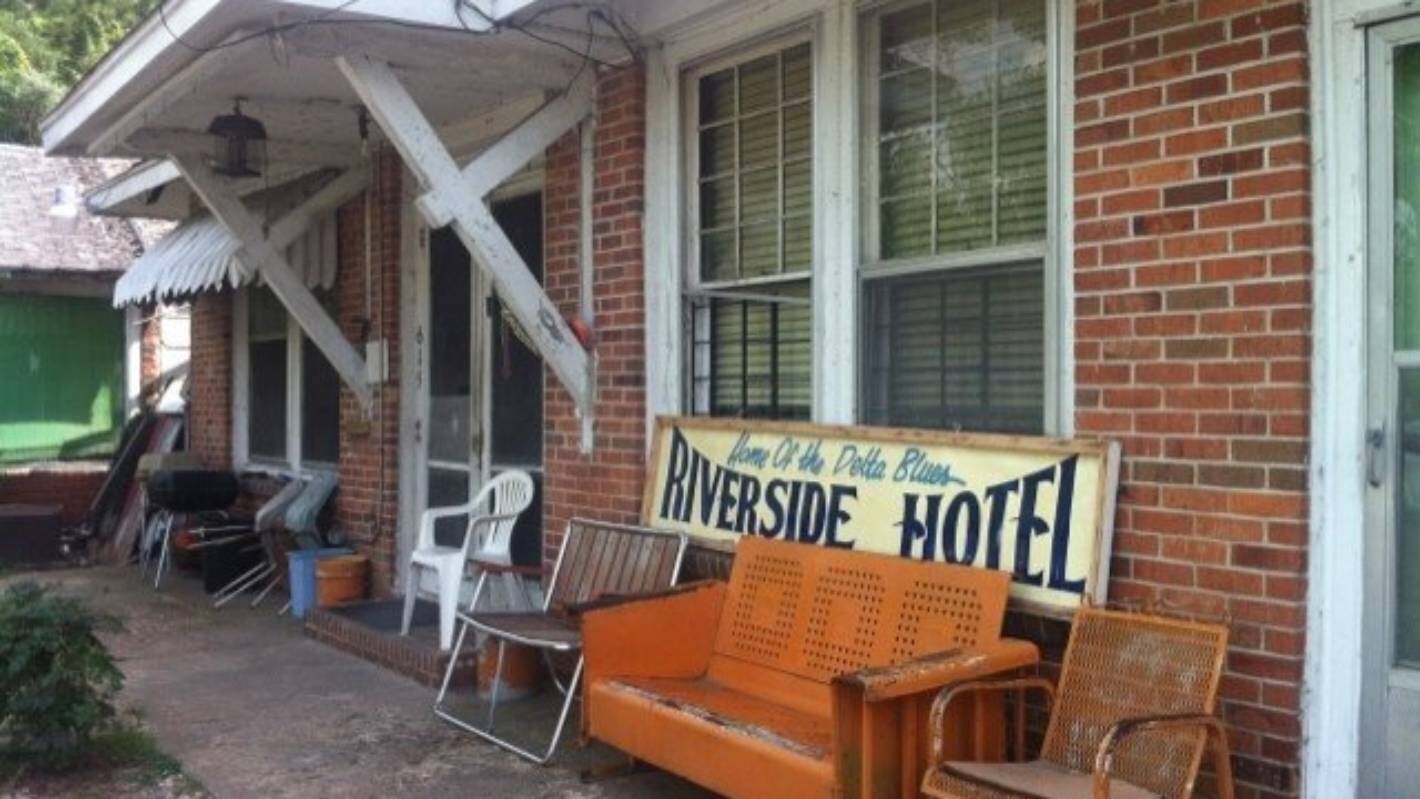INDIANOLA, Mississippi ‒ On the stage at Club Ebony in the heart of the Mississippi Delta, blues artist Alphonso Sanders sings an original song called “Delta Sun,” dedicated to life in a hot and challenging region.
Sanders, 70, is one of several local bluesmen who have performed for decades in the famed Black nightclub in the sleepy town of Indianola. They carry a legacy that sprang from the fertile cotton fields and shaped American music as we know it today.
“Some say they like the blues, but I think they just like the fame,” Sanders belts out. “Because every time I try to give away my blues … nobody wants to share my pain.”
It’s hard to know exactly when or where the blues took shape as an American music form. There are only sparse written accounts, from a time before recording equipment could capture the new sounds.
But we do know that elements of the blues journeyed to America with enslaved people from Africa, and that it reached full flower in the Mississippi Delta.
It’s known as “the most Southern place on earth,” a swath of muddy plain wedged between the Mississippi and Yazoo rivers that has spawned an inordinate share of master blues artists, from Robert Johnson and Muddy Waters to John Lee Hooker and B.B. King.
With a blueprint of spirituals and work songs that echoed from the plantations, they wrote a new musical vocabulary, starting with the flatted notes that define the blues scale. They wrote, rewrote, copied and passed down foundational songs that have influenced popular music for more than 100 of America’s 250 years.
Rock 'n' roll, jazz, rhythm and blues, funk, soul, hip-hop, heavy metal — they can all be traced back to the Mississippi Delta in an incredible American journey, one of many USA TODAY is following in honor of the nation's upcoming 250th birthday.
While the blues took off, heading to Memphis, Chicago and Detroit, the Delta in many ways was left behind. It's one of the nation’s poorest regions.
But the Delta is rich in pride and culture, and people travel here from around the world to pay homage, Sanders said.
“A lot of musicians come through here as a mecca,” he said. “They come just to feel the dirt.”
A town that sings the blues
If the Mississippi Delta is the birthplace of the blues, the town of Clarksdale, about an hour south of Memphis, is its epicenter.
It’s a key stop on the Mississippi Blues Trail, a journey of more than 200 markers across the state dedicated to musical history.
The city of about 13,000 was once home to vibrant juke joints that hosted local greats like Son House and Muddy Waters, who both grew up on nearby plantations.
Clarksdale fell by the wayside as the old juke joints dried up over the decades. But today, the town is seeing a revival as it works to put itself on the map as a premier musical stop between Memphis and New Orleans.
The town is home to the Delta Blues Museum, the world’s first museum dedicated to the blues, and its annual Juke Joint Festival draws thousands each spring.
Roger Stolle, owner of Cat Head Delta Blues & Folk Art shop, moved here in 2002 with a mission to promote the blues from within. He said the town at the time was “quaint but sad,” with a few juke joints on their last legs. Now, the streets at night vibrate with live music as visitors step off giant tour buses.
“You can hear blues 365 nights a year,” he said. “It’s living history.”
The most popular juke joint is Ground Zero Blues Club, which opened in an old cotton warehouse in 2001. The club is co-owned by actor Morgan Freeman, who grew up in the Delta.
Co-owner Eric Meier said they envisioned a place that would give an authentic feel of the blues while helping to revitalize the local economy.
“The people that live and work here choose to be here,” he said. “It’s a challenging environment to live in rural America, and there is a lot of pride in what we’re doing.”
Those who can’t make it to Clarksdale can check out Morgan Freeman’s Symphonic Blues tour, a multimedia concert that merges the music of the Delta blues with symphony orchestras around the country.
Clarksdale native Lee Williams is one of the musicians from Ground Zero on the tour.
Williams, 41, said he started learning the drums on five-gallon buckets when he was 8 years old. He now teaches in the musical program at the Delta Blues Museum and plays in the band Heavy Suga’ & The SweeTones.
“I went around with a bad crowd when I was younger, but the blues saved my life,” he said. “It keeps me out of trouble.”
One fall night under the neon sign at Ground Zero, groups of tourists flocked in to hear Heavy Suga’ play originals mixed with blues classics and Muddy Waters hits.
Lead singer and bassist Heather Crosse said she moved to Clarksdale after falling in love with the blues as a teenager.
“It’s always felt like a calling to me,” she said. “It’s universal, and it relates to every human.”
Down the road at Red’s, visitors from a tour bus packed into a red neon-lit space that feels more like a living room, with old couches and folding chairs.
One of the last original juke joints in the area, Red’s was founded by the late Red Paden, who liked to call himself the king of juke joints. His son, Clarksdale Mayor Orlando Paden, now runs the spot and is dedicated to continuing his father’s legacy.
Paden, a Clarksdale native and former Mississippi state representative, said music tourism has revived his hometown.
“We get visitors from England, Portugal, Spain, Brazil, China … it’s almost a U.N. meeting up in here,” he said. “They say laughter is a medicine, and I believe music is a medicine for the soul as well. You can be from anywhere and you hear a certain chord off the guitar, off harmonica, and you feel tranquility come over you. And you're enjoying the moment, right here, in little old Clarksdale.”
A musical journey
Stemming from the hardships of a post-Civil War South, the blues is a journey that tells the story of American music.
From the Delta, blues artists fanned out across the nation. Many found their way to Chicago, following the path of the Great Migration, a northward and westward journey of six million African Americans that redefined urban America.
Others wound up elsewhere. B.B. King launched his recording career in Memphis. John Lee Hooker went to Detroit.
The Black bandleader W. C. Handy claimed to have discovered the blues in the Delta town of Tutwiler in 1903, while waiting for a train. There, a mystery man with a guitar serenaded him with a song about “goin’ where the Southern cross’ the Dog.”
Handy took the blues to Memphis, where he broke through in 1912 with “The Memphis Blues,” arguably the first blues hit.
The first great Delta bluesman was Charley Patton, born in 1891. He cut many seminal recordings between 1929 and 1934, including “High Water Everywhere,” an epic narrative about the Great Flood of 1927.
Patton established the Delta blues guitar style, laying down a rhythm with bass notes and answering it with the high strings. He was, in effect, a one-man band.
Today, Dockery Farms, a former cotton plantation where Patton lived and mentored greats like Howlin’ Wolf and Robert Johnson, is a major stop on the Blues Trail. Dockery is often called the birthplace of the Delta blues, where workers toiled in the hot fields by day and sang songs of joy, pain and hope at night.
Several great bluesmen built upon Patton’s work. But the style reached its apex with Robert Johnson.
Johnson, born around 1911, reportedly passed through several Delta plantations. When he entered a recording studio in 1936, he boasted an unearthly falsetto and a breathtaking guitar style.
He claimed to have acquired his talent by selling his soul to the devil at a lonely crossroads. The exact location of the alleged deal is disputed, but the town of Clarksdale marks the tale with a famous monument called The Crossroads at the intersection of Highways 61 and 49.
Borrowing melodies and lyrical schemes from his forebears, Johnson recorded roughly two albums' worth of Delta blues classics, including “Cross Road Blues,” “Hell Hound on My Trail” and “Love in Vain.”
Johnson died in 1938, at age 27, having never scored a real hit. His grave in Greenwood, Mississippi, is another stop on the Blues Trail.
The music industry had collapsed during the Depression. From 1929 on, the world outside Mississippi knew little of the great Delta bluesman in their heyday.
But that would change with a new sound.
A new generation of blues
After the Depression, and the subsequent war, a new generation of blues legends journeyed from the Delta. They traveled with full bands and electric guitars.
Muddy Waters, born McKinley Morganfield around 1913, studied with the Depression-era blues masters. Then he decamped to Chicago, where he went electric: The Chicago crowds were too loud for acoustic blues.
He led a lean, muscular band, a prototype for thousands of future pop acts in America and Britain built around electric guitars and drums.
Muddy rose to royalty in the Chicago blues scene. His greatest competition was Howlin’ Wolf, another Delta native. Both men recorded songs penned by Willie Dixon, a Delta songwriter who had migrated north. Dixon wrote “Hoochie Coochie Man” for Muddy, “Back Door Man” and “Spoonful” for Wolf.
B.B. King came out of Indianola, where he led a gospel group and sang on streetcorners before moving north to Memphis and breaking into radio.
With a series of singles starting in 1949, King unveiled a new technique for solo guitar, modeled on the vibrato of the human voice.
Over the next two decades, King’s guitar style would wash across popular music and influence nearly every guitar hero to follow, from Jimi Hendrix in the 1960s to Prince in the 1980s to St. Vincent in the 2020s.
Today, B.B. King, Muddy Waters and Robert Johnson are familiar names in American music. It was not always so.
From the Chitlin’ Circuit to Great Britain
Prior to the 1960s, the musical streams of Black and White America seldom crossed. King and other Delta greats performed on the chitlin’ circuit, playing in segregated Black clubs, and recorded on “race” labels that catered to Black patrons.
Earlier Delta bluesmen such as Johnson were utterly forgotten, unfamiliar to White or Black listeners.
Their fortunes turned when a community of record collectors and folk musicians led a revival of classic American folk and blues. Folk archivists hunted down Delta legends Son House and Skip James, who were still alive, and rekindled their careers. In 1961, Columbia Records rereleased Johnson’s lost recordings, posthumously elevating him to the height of blues fame.
In 1958, Muddy Waters toured Britain. A few years later, Michael “Mick” Jagger and Keith Richards started an electric British blues band and named it after one of Muddy’s songs, “Rollin’ Stone.” Their biggest competition was the Beatles, a band that, consciously or not, patterned itself on the great Chicago blues ensembles.
More British blues bands followed, performing and recording songs by Delta blues artists. The British Invasion brought those songs to the United States, schooling millions of White American rock fans on the music of Black America.
In February 1967, King played a historic set at the Fillmore Auditorium in San Francisco, effectively introducing himself to White America.
Over the next 30 years, thousands of American rock ensembles would take seed, all spiritual descendants of the great Muddy Waters band, with guitarists who played like B.B. King, performing song forms handed down by Charley Patton and Robert Johnson.
Most of the blues greats are gone. But their legacy carries on in the juke joints that dot the region.
Living legends at Club Ebony
In Indianola, a city King embraced as his hometown, visitors from around the world come to the B.B. King Museum to learn about his life and pay respects to his grave on the property.
Nearby is Club Ebony. Built just after World War II, it’s known as one of the region’s most important Black nightclubs, where artists like B.B. King, Ray Charles, Count Basie and Bobby Bland all played.
King bought the venue in 2008 to keep it alive. Today it hosts local legends and upcoming musicians.
On a Thursday afternoon, a crowd of retirees in purple shirts from a Baptist church in Brandon, Mississippi, sang along as musician Michael “Cadillac” Dennis, 55, played the blues on his guitar.
Dennis said juke joints like Club Ebony were a refuge from a hard life in the Delta.
“It’s the journey of Black people," he said. “Life wasn't always great, but you knew on Saturday nights, no matter what's going on, it was time to get dressed up and go out and have fun. The blues was their escape.”
At 75 years old, Indianola native Bobby Williams is one of the local legends who still plays at Club Ebony. Williams, who plays six instruments and used to open for B.B. King, is one of the last living musicians with his picture on the wall at the club.
He grew up down the street and remembers when the town was dotted with juke houses on every corner.
“It’s quite a life here in the Delta,” he said. “You don't make as much money as you would in a big city, but it’s all about adapting to your environment and being satisfied.”
For Alphonso Sanders, a multi-instrumentalist from Greenville, the blues is an ongoing journey.
“The blues, apart from any other music, will continue to give music its substance,” he said. “Every new artist that's worth their salt, they'll tell you that the blues is a big influence to what they do.”















![Sticker 2020 Nominee[17955].png](https://images.squarespace-cdn.com/content/v1/58628a6759cc68360b1df1c8/1599063711500-AWQQPYRRAU3E8S5V0CXT/Sticker+2020+Nominee%5B17955%5D.png)




